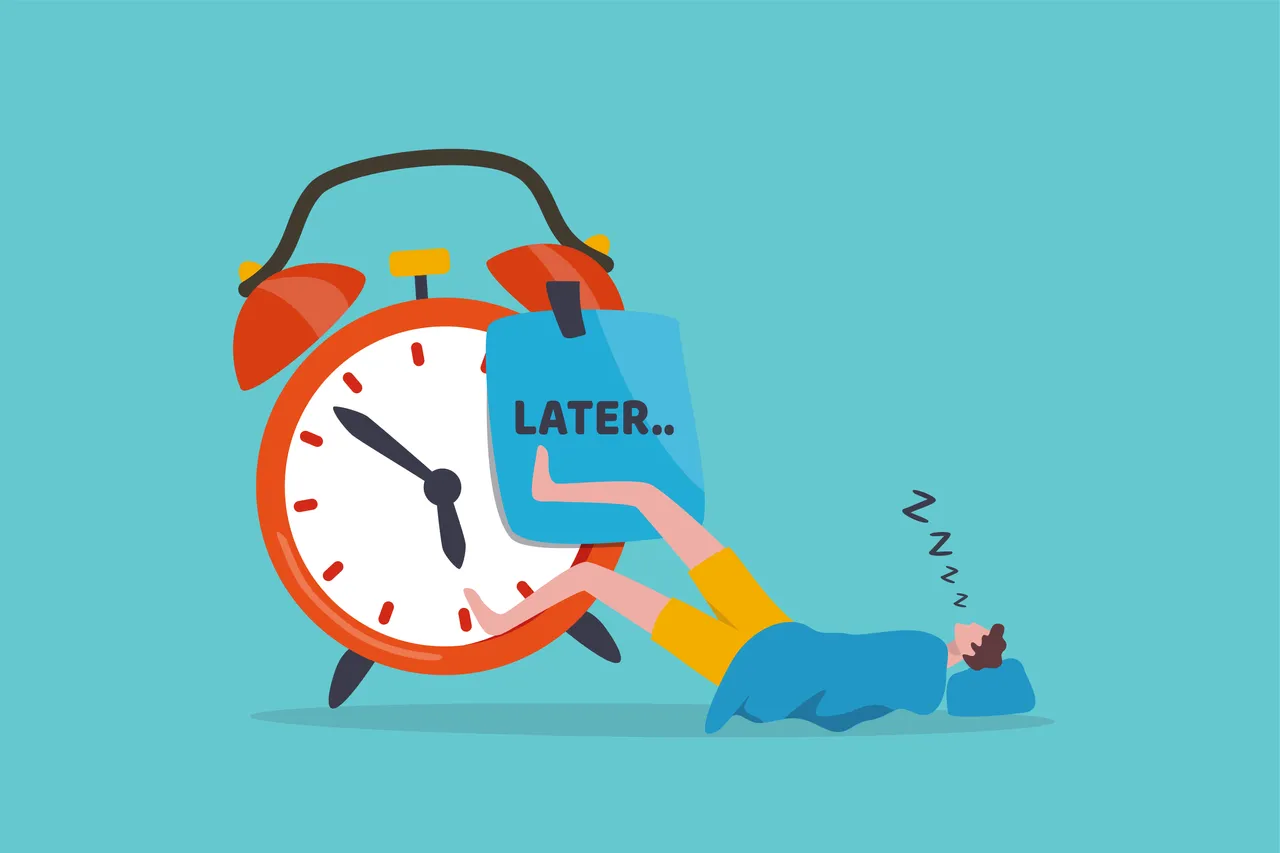
What is procrastination
In psychology, procrastination is a person's tendency to constantly procrastinate things for later, even if they are important and require urgent attention. This behavior, as a rule, leads to life problems, as well as stress, loss of performance and productivity, guilt, and low self-esteem.
The person with this syndrome is a procrastinator. Some researchers classify such people into two types: passive - those who do not want to postpone things, but still do it; active - those who deliberately postpone business, since it is more convenient for him to work when all deadlines are on. In turn, among passive procrastinators, the indecisive ones are distinguished - those who are afraid to fail, and the avoidant - those who are afraid to hear the assessment from other people.
Reasons for procrastination
It is important to understand not only what procrastination is, but also why it occurs. They can be:
—The fear of failure due to low self-esteem is the most common factor;
- perfectionism - not knowing the way to an ideal result, a person prefers not to do it at all;
- self-restraint - a subconscious unwillingness to become successful and stand out from others;
- obedience - a person does not fulfill the task because he does not agree with it on a subconscious level;
- fatigue is a rebellion of the body, a symptom of emotional burnout.
There is also a theory of "solution paralysis". It lies in the fact that in the modern world a person has so many choices that thinking about them "eats up" all the energy. As a result, the individual cannot find a way to solve the problem.
The important thing to remember about procrastination is that it is a not fully understood syndrome. Scientists have not yet come to a unified theory explaining its causes.
How to deal with procrastination: effective ways
Simple goals
Often the task facing a person seems to him too difficult, therefore he postpones its solution until later. Setting a small, achievable goal on the way to completion will help overcome this. You don't have to say to yourself, "I'm going to write my diploma tonight." It is best to put in the plan: "Write two pages of thesis." This formulation will make life easier: it will make the goal less daunting and more attainable. You can also tell others about your plans. After that, additional motivation will appear, as the level of responsibility will increase.
Distractions
Often people say, "I procrastinate because I am distracted by something all the time." To solve this problem, you need to prepare in advance for the execution of the case: turn off social media notifications or even leave the phone in another room, remove all unnecessary things (notes, diaries, books) from the table, close the window from which the noise of the city is heard.
Rule 15 minutes
The 15-minute rule also helps to combat procrastination. It is necessary to agree with yourself that this is the amount of time you need to spend on performing an uninteresting, but mandatory task. During this period of work, the final goal will become closer. Dedicating at least 15 minutes a day to a challenging task can accomplish much more than doing nothing at all.
Pleasure from the process
It's hard to get involved when procrastinating is more enjoyable. Therefore, even in the most difficult process, it is important to find positive sides. You can combine cleaning with sports, and turn cooking dinner into a creative process. To create an atmosphere, you can turn on your favorite music or movie, read inspirational books before work, or meditate. It is important to approach business in a good mood, and then it will be easier to cope with the task at hand.
Without author
Link: https://ria.ru/20210202/prokrastinatsiya-1595739517.html
Success is closer than you think.
Thank you for your attention!!!
Peace in your home.
Niki
